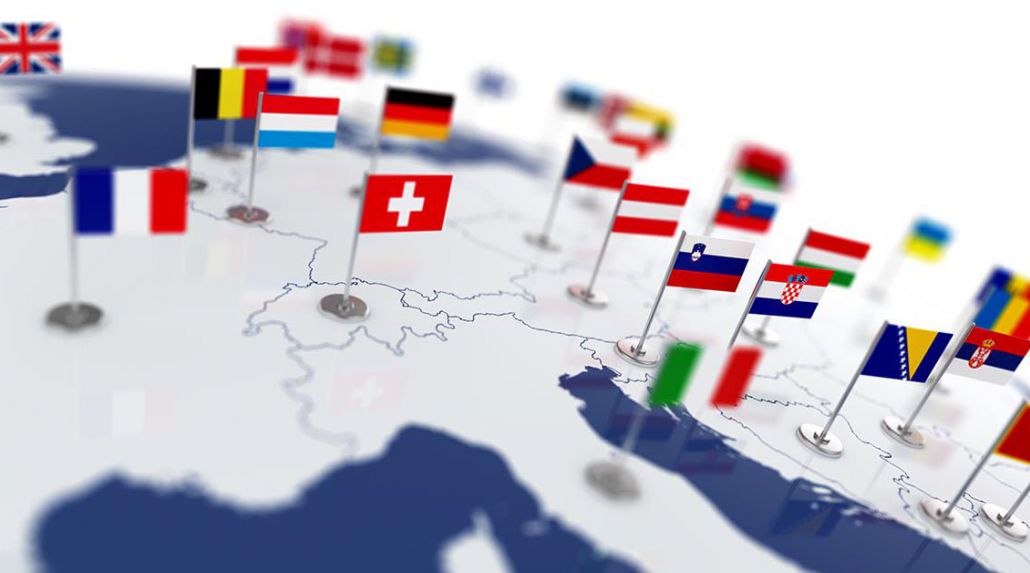

European Travel - Post Brexit
December 31 marks the end of the transition period, so from January 1 rules for travelling between the UK and European Union countries will change. Here are the key changes to be aware of:
CAN BRITS HOLIDAY IN THE EU AFTER 1 JANUARY?
British tourists will be able to travel to all EU countries (plus Switzerland, Norway, Iceland and Liechtenstein) without needing a visa.
However due to Covid, travellers from most non-EU countries can’t visit except for essential reasons. From January 1 the UK will no longer be treated like a member of the EU and will subsequenrly become subject to these rules.
Individual EU countries could create a travel corridor with the UK though, which would allow restriction-free travel.
DURATION OF HOLIDAYS
Brits will be able to stay for up to 90 days in any 180-day period. However the rules in Bulgaria, Croatia, Cyprus and Romania are different – Brits could make a 90-day trip to any of them and still not use up their 90-day allowance for other EU countries.
Business travellers may need a visa, for many business trips you are ok within the above stated 90 day rule BUT rember that any business trips will eat in to your holiday allowance!
And from 2022, UK nationals will need to pay for a visa-waiver scheme in order to travel to a number of European countries. Some types of business trips may require a visa. If in doubt we can help point you in the direction of experts in the field.
WHAT ARE THE NEW PASSPORT RULES?
Passports must have been issued within the last 10 years and travellers will need at least six months left on them.
You can use the government’s passport checker to make sure a passport is valid.
WHAT QUEUE MUST BRITS NOW USE AT PASSPORT CONTROL?
Brits will no longer be able to use the EU fast-track passport customs lanes.
When arriving in an EU country (except Ireland) they must be prepared to show their return ticket. Travellers may also be asked to show they have enough money for their stay.
WHAT WILL IT MEAN FOR HEALTH INSURANCE?
All European Health Insurance Card (which enabled Brits to access state-provided medical treatment if they fell ill or had an accident in EU countries) issued before the end of 2020 will be valid until their expiry date (which is labelled on the front of the card).
The UK government has said it will issue a new card entitled the UK Global Health Insurance Card, which like EHIC, will reportedly cover chronic or existing illnesses, routine maternity care and emergencies. However there are no details yet as to when it will start.
The government is advising Brits to buy travel insurance with healthcare cover before going on holiday – especially if travellers have a pre-existing medical condition.
WHAT WILL IT MEAN FOR MOBILE ROAMING CHARGES?
The free roaming charge rules mandated by the EU will cease for British registered mobiles will end on 1 January 2021.
Brits have been told to check with their mobile provider as to whether they are likely to face extra charges but the UK’s four main operators have said they have no plans to reintroduce roaming fees.
WHAT ARE THE RULES FOR DRIVING IN EUROPE FROM 1 JANUARY?
Brits will need to take their driving licence, log book (V5C) and valid insurance documents.
They will need a GB sticker for their car and also need to contact their insurer six weeks before you travel to get a green card that will prove you have insurance.
CAN I STILL TAKE MY PET TO EUROPE?
Pet passports issued in England, Scotland and Wales will not be valid for travel to the EU from 1 January 2021.
Instead if you want to take your pet to the EU, Brits will need to have an animal health certificate and your pet will need to be mircrochipped and vaccinated against rabies. The same rules will apply if you are taking your pet to Northern Ireland.
DUTY FREE GOODS
Passengers from England, Scotland and Wales travelling to EU countries will be able to take advantage of duty-free shopping from January 2021. Tobacco and alcohol limits will increase.
But there will no longer be tax-free airport sales of goods like electronics and clothing due to UK government changes in rules.
